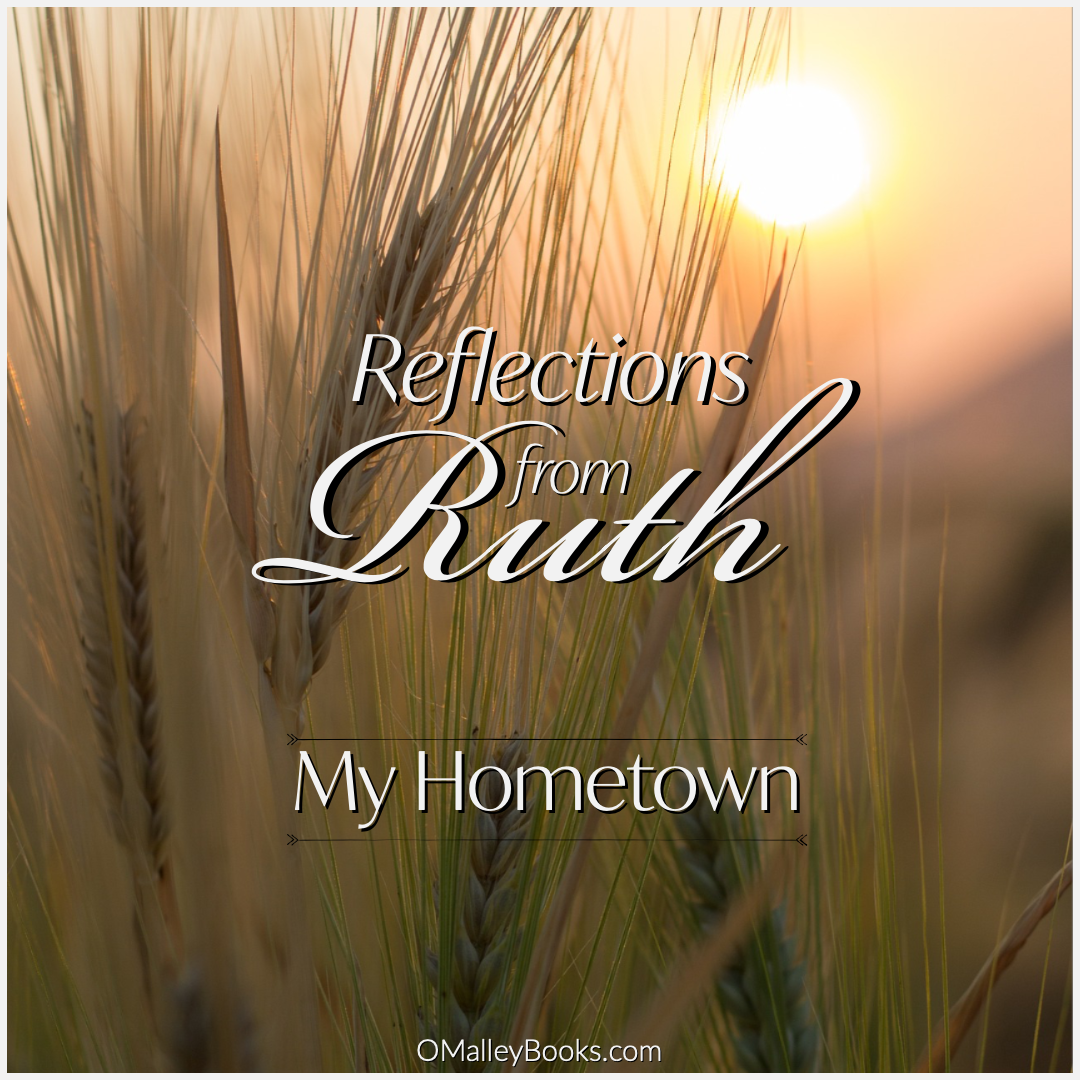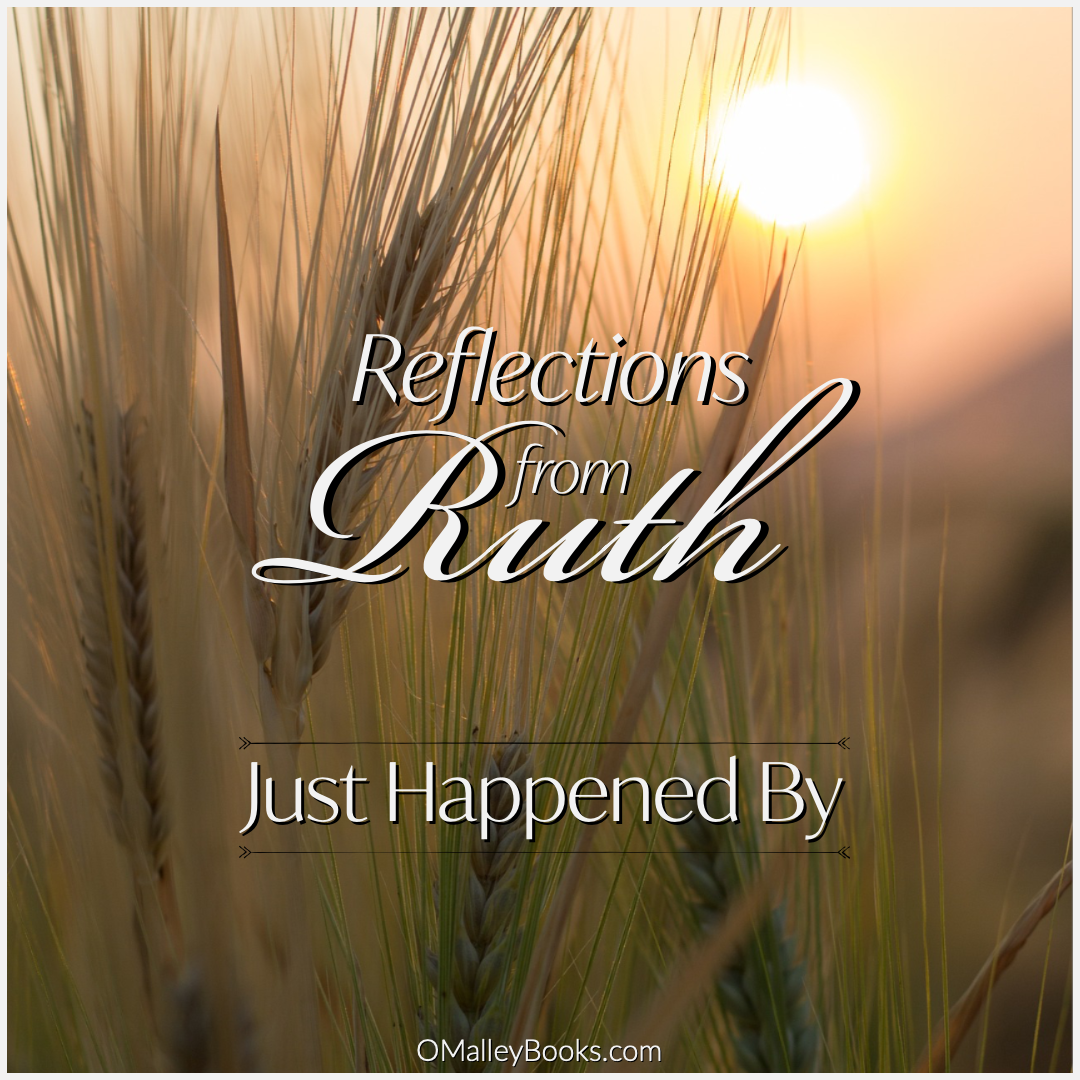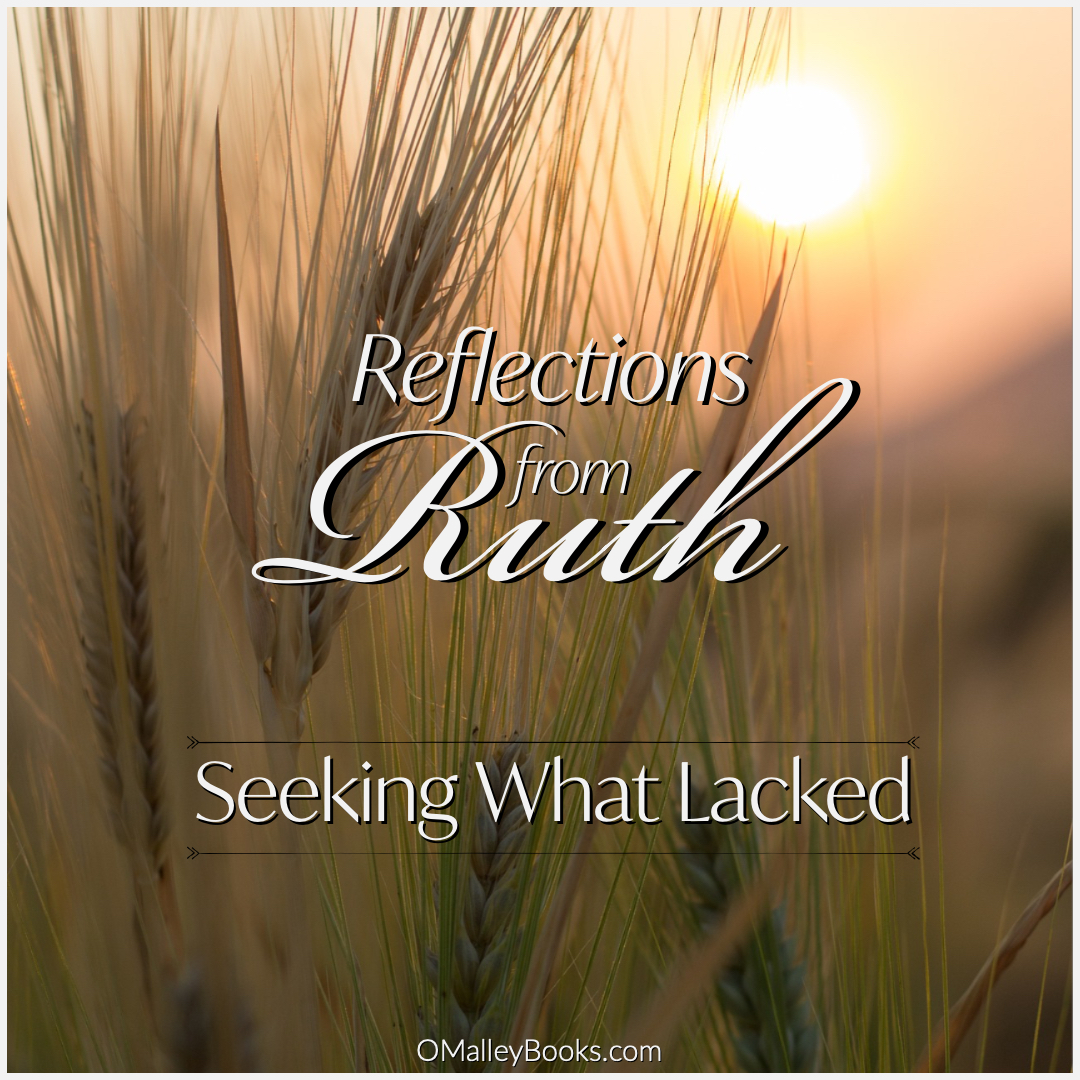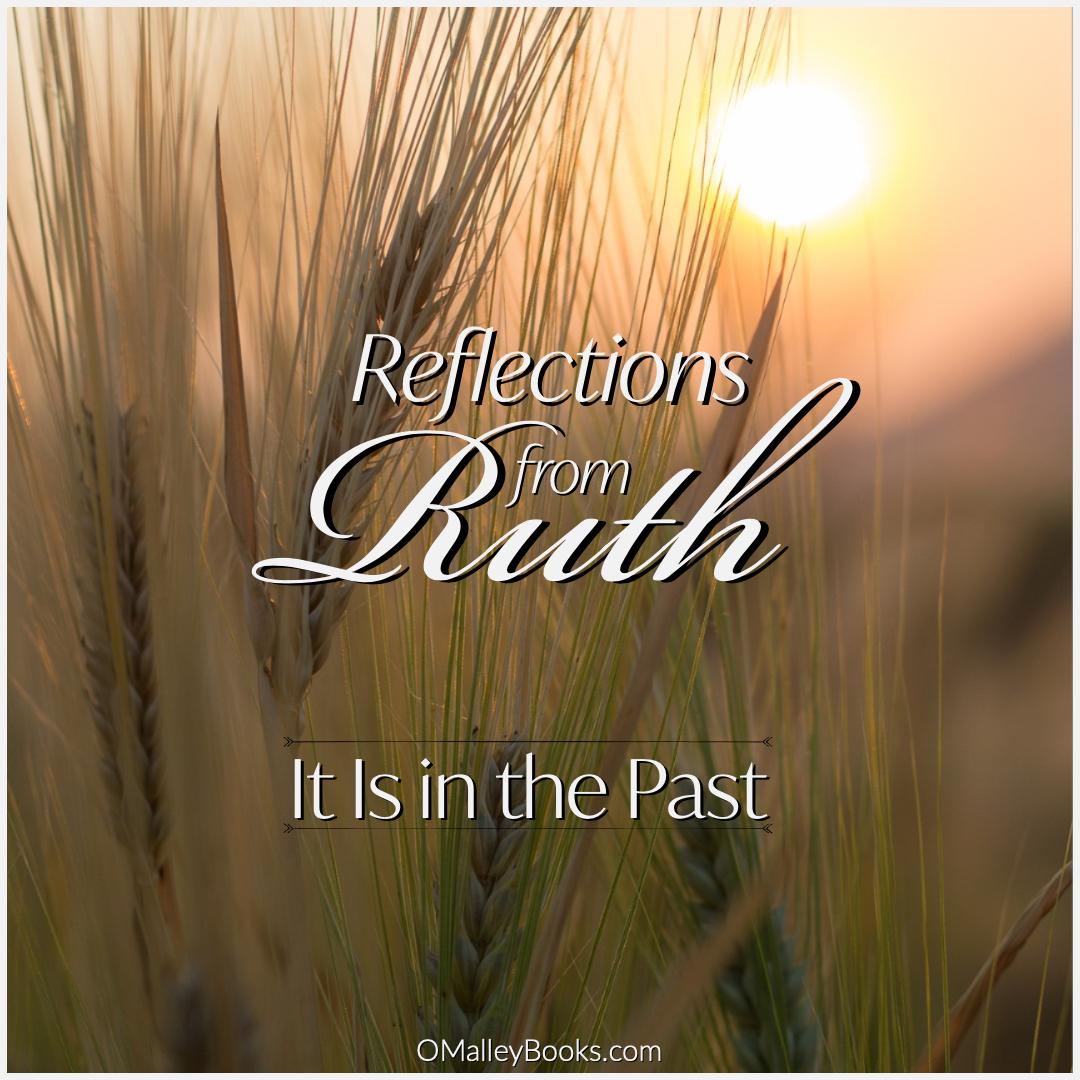by John O’Malley
“Let me glean and gather” (Ruth 2:7).
Previously, we considered how Boaz’s servant had been touched by Ruth’s request for involvement in the harvest. Boaz was interested in this one who came to work in his field. The servant had been impressed by her request and her work ethic. Ruth’s words were simple and are convicting to the heart of a believer yielded to God. She said, “I pray you, let me glean and gather after the reapers among the sheaves.”
Focus with me on the facet of her request that reveals her desire for involvement in Boaz’s harvest. Her desire is evident in the phrase, “Let me glean and gather.” Her desire was to work in the harvest of the servant’s master. She pleaded with him for access to the harvest, an activity in the harvest, and an area to work in the harvest.
There are lessons for our church’s global and local evangelistic outreach in this passage. Ruth was not seeking to be lord of the harvest, nor was she aspiring to lead the group of laborers. Ruth was not looking to implement a program of harvesting that she was familiar with in other fields. She was not looking to re-train the workers in the Moabite way of reaping. Ruth simply had her heart’s desire set on gleaning and gathering.
When it comes to harvest work, what is our desire? Do we see ourselves in management, or are we content simply being a common laborer for the Lord?It seems we have many who want to manage and maintain the harvest, but few who will get out and do the work of the harvest.
How much more could be done for the Lord if we would have the desire of Ruth in the fields of our Eternal Boaz? Would you say today, “God, let me glean and gather for you?” How much more would be done for our Lord if we would have the right desire when it comes to His fields? May God help us to have Ruth’s desire when it comes to His harvest work in our churches, both at home and around the world!





















